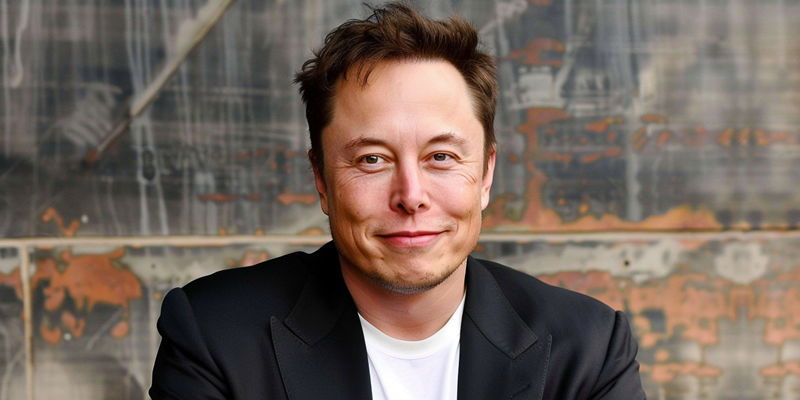Elon Musk, Tesla’s CEO, has issued an apology in light of recent events where former employees received less severance than promised. The oversight came to light following their departure from the company, leading to the realization that the exit packages were incorrect. Addressing the issue, Musk confirmed immediate corrective action to resolve the discrepancy.
This public acknowledgment signifies Tesla’s dedication to ethical practices amidst workforce reductions. The company, citing a need for greater efficiency, is trimming its employees by 10%. This downsizing is linked to Tesla’s strategy to fine-tune its operations for better performance. Musk’s swift response to the severance miscalculations underscores Tesla’s adherence to treating its workforce equitably, aligning with its values even in times of organizational adjustments.
Addressing the Oversights
Elon Musk has extended an apology and expressed gratitude towards former Tesla employees for their role in the company’s achievements, recognizing their invaluable contributions. The layoffs were described as “very difficult” by Musk, who acknowledged the heavy impact of such decisions on both the organization and its staff members.
These layoffs at Tesla are a part of a broader trend of workforce reductions within the tech sector, as companies are reshaping their structures to better align with current market conditions and their own evolution. Despite the challenging circumstances surrounding corporate downsizing, Tesla’s swift move to rectify severance issues showcases the company’s commitment to the well-being of its employees. This approach underlines Tesla’s dedication to maintaining respect and honoring the dignity of its workforce even through the complexities of business realignment.

